The book examines, for the first time, those threads in Indian thought that present a profile view of plants. Using texts from Vedic, Hindu, Jain and Buddhist traditions, the author argues that there is strong support in early materials that plants are thought to be alive, to be sentient, to have an interior consciousness, and to be bearers of Karma. Plants are sometimes described as sattvic, with their calmness, even-mindedness, and service to others. In fact, the author argues, plants are frequently used to provide a model for the practiced ascetic-in that they bend but don?t break with the wind, aren?t distracted when bussed by a mosquito, and flourish in their steadfastness. Given the theoretical discussion of plants within the range of sentient being, the book then focuses on the intimate life humans have with plants. Texts devoted to botany, medicine, law, art, literature, and religion, for example, depict human conversation with trees, humans marrying trees, and humans delineating their responsibilities for the well being of plants in the greatest detail. Most difficult is the problem of eating, and in that ahimsa or non-violence towards plants would be the ideal in the extreme, vegetarianism shows up the compromise that is made once plants are brought into the sentient realm. Finally, the author explores the founding premises of several current environmental leaders and movements in India that focus on plants-e.g., tree protection, tree planting, seed saving, biodiversity-to examine whether contemporary plant-oriented ecologica activism in India reflects older, traditional ideas about plants. asking whether new Hindu, Jain, or Buddhist movements reflect respective older ideas, the author finds that contemporary Indian practices remain, on the whole, authentic reflections of their older roots.
Plant Lives: Borderline Beings in Indian Traditions
In stock
Free & Quick Delivery Worldwide
reviews
Bibliographic information
Title
Plant Lives: Borderline Beings in Indian Traditions
Author
Edition
1st ed.
Publisher
ISBN
9788120832923
Length
xxxii+617., Plates; Bibliography; Index; 23cm.
Subjects

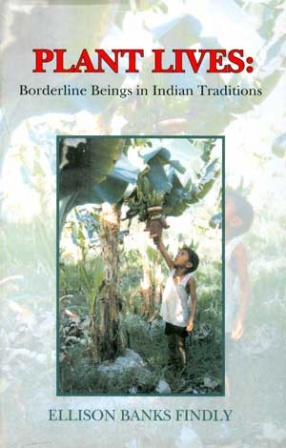
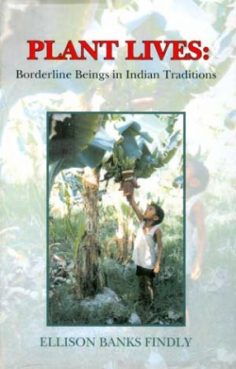
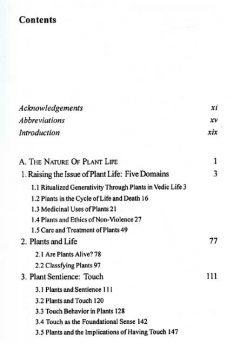
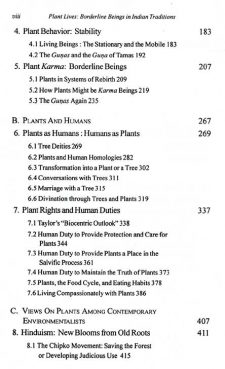
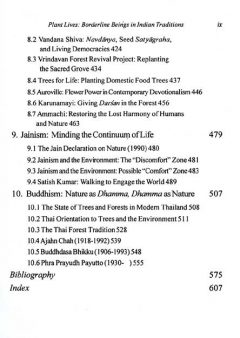
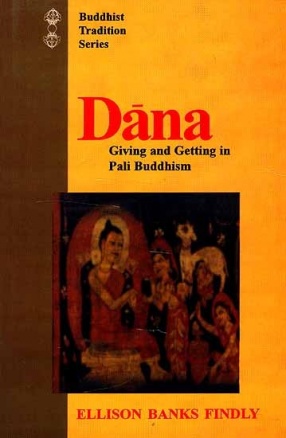
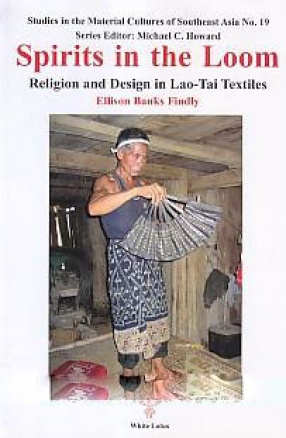

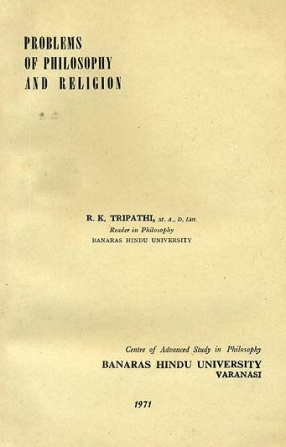
There are no reviews yet.